The Seventh International Conference on Learning Analytics & Knowledge (LAK’17)

Simon Fraser University, Vancouver, Canada, March 13-17, 2017, #LAK17
The 7th International Conference on Learning Analytics and Knowledge (LAK17) returns to the coastal city of Vancouver, BC, Canada from March 13-17, 2017. The LAK17 conference is organised by the Society for Learning Analytics Research (SOLAR) and will be hosted by Simon Fraser University (SFU), Canada’s leading community-engaged research university. Consolidating the experience from previous LAK conferences, we extend invitations to researchers, practitioners, administrators, government and industry professionals interested in the field of learning analytics and related disciplines. This annual conference provides a forum to address critical issues and challenges confronting the education sector today. The success of LAK arises from its transdisciplinary nature which creates a unique intersection of cutting-edge learning technologies, educational research and practice, and data science.
Conference Theme: Understanding, Informing and Improving Learning with Data [Click to read the general call]
Conference Theme: Understanding, Informing and Improving Learning with Data
Call for Papers
The 7th International Conference on Learning Analytics and Knowledge (LAK17) returns to the coastal city of Vancouver, BC, Canada from March 13-17, 2017. The LAK17 conference is organised by the Society for Learning Analytics Research (SOLAR) and will be hosted by Simon Fraser University (SFU), Canada’s leading community-engaged research university. Consolidating the experience from previous LAK conferences, we extend invitations to researchers, practitioners, administrators, government and industry professionals interested in the field of learning analytics and related disciplines. This annual conference provides a forum to address critical issues and challenges confronting the education sector today. The success of LAK arises from its transdisciplinary nature which creates a unique intersection of cutting-edge learning technologies, educational research and practice, and data science.
Learning Analytics is defined more by its goals to better understand and improve learning processes using data than by a particular theory or methods. The challenges facing learning analytics require collaborations among a broad range of disciplinary experts to create holistic solutions generated from differing perspectives and approaches. This year LAK17 aims to bring more discussion and focus to these transdisciplinary efforts.
LAK17 welcomes contributions from researchers and practitioners in the field of Learning Analytics. Contributions can be submitted to the following tracks:
Research Track
|
Practitioner Track
|
Topics
LAK17 seeks contributions focusing on understanding and improving learning through analyses of data traces generated during the learning process. A special invitation is made for papers that cross disciplinary boundaries to provide highly innovative technological solutions grounded in learning theory. Papers are welcome from any education context and setting: formal and informal learning; workplace, K-12 and tertiary education; online, distance, blended, mobile and traditional modes of learning.
The following categories represent the objectives of Learning Analytics research and practice and will be used to classify submissions:
Tracing Learning:
- Feature Finding: Studies that identify and explain useful data features for analyzing understanding and optimizing learning.
- Learning Metrics: Studies that assess the learning progress through the computation and analysis of learner actions or artefacts.
- Data Storage and Sharing: Proposals of technical and methodological procedures to store, share and preserve learning traces.
Understanding Learning:
- Data-Informed Learning Theories: Proposal of new learning theories or revisions / reinterpretations of existing theories based on large-scale data analysis.
- Insights into Particular Learning Processes: Studies to understand particular aspects of a learning process based on data analysis. Examples are inquiries that analyse traces of students’ cognition, metacognition, affect or motivation using various forms of data.
- Modeling: Creating mathematical, statistical or computational models of a learning process, including its actors and context.
Improving Learning:
- Feedback and Decision-Support Systems: Studies that evaluate the impact of feedback or decision-support systems based on learning analytics (dashboards, early-alert systems, automated messages, etc.).
- Data-Informed Efforts: Empirical evidence about the effectiveness of learning analytics implementations or educational initiatives guided by learning analytics.
- Personalized and Adaptive Learning: Studies that evaluate the effectiveness and impact of (semi-)automatic adaptive technologies based on learning analytics.
Meta-Issues:
- Ethics and Law: Exploration of issues and approaches to the lawful and ethical capture and use of educational data traces and the application of learning analytics tools and implementations
- Adoption: Discussion and evaluation of strategies to adopt learning analytics initiatives in educational institutions
- Scalability: Discussion and evaluation of strategies to scale the capture and analysis of information at the program, institution or national level
Relevant Dates
***All deadlines at 23:59 GMT-11***
Research Papers (Full and Short) & Practitioner Presentations
- 17 October 2016: Deadline for submissions. (extensions will not be considered)
- 5 December 2016: Notification of acceptance.
- 9 January 2017: Camera-ready version.
Research Posters (Printed and Powered) & Practitioner Technology Showcase
- 2 December 2016: Deadline for submissions. (extensions will not be considered)
- 15 December 2016: Notification of acceptance.
- 9 January 2017: Camera-ready version of poster description.
Workshops and Tutorials
- 17 October 2016: Deadline for submissions. (extensions will not be considered)
- 7 November 2016: Notification of acceptance.
- 9 January 2017: Camera-ready version of workshop or tutorial summary.
Doctoral Consortium
- 10 November 2016: Deadline for submissions. (extensions will not be considered)
- 3 January 2017: Notification of acceptance.
- 14 March 2017: Doctoral consortium event.
Submission Format & Author Guidelines
The conference accepts the following type of submissions:
Research Track (author instructions)
- Full papers: 10 pages max
- Short papers: 5 pages max
- Posters (Printed or Powered): 2 pages
Practitioner Track (author instructions)
- Presentations: 2-6 pages
- Technology Showcase: 2-6 pages
Workshops and Tutorials (organizer instructions)
- Proposals: 2 pages
Doctoral Consortium (student instructions)
- Proposals: 5 pages + supplemental information and recommendation letter
See the linked guidelines on the website for more detailed information about the required content and format of each submission. All submissions will be received and processed with EasyChair.
Keynote Speakers
 |
Dr. Timothy McKay University of Michigan Talk: Can a University become a Learning Laboratory? |
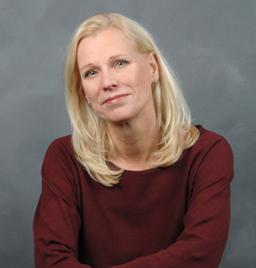 |
Dr. Sanna Järvelä University of Oulu, Finland Talk : Big data from a little person - Using multimodal data for understanding regulation of learning |
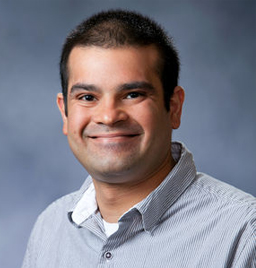 |
Dr. Sidney D’Mello ,University of Notre Dame Talk : Multimodal Classroom Analytics |
Event Photos
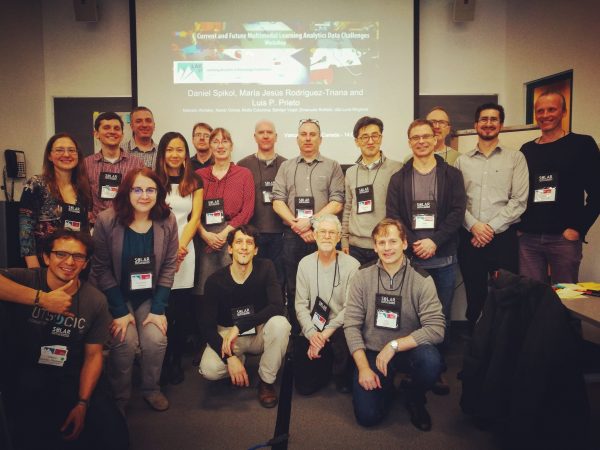
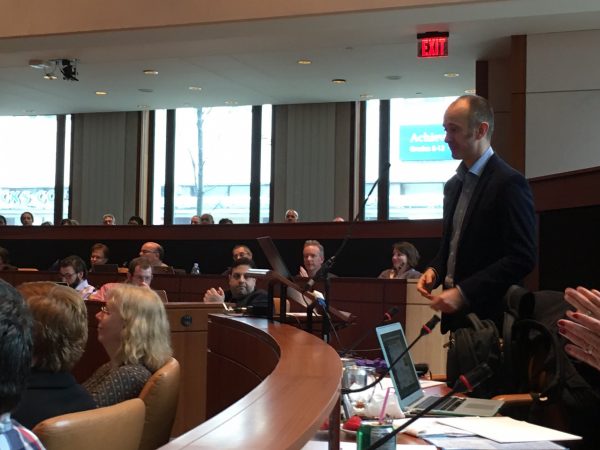
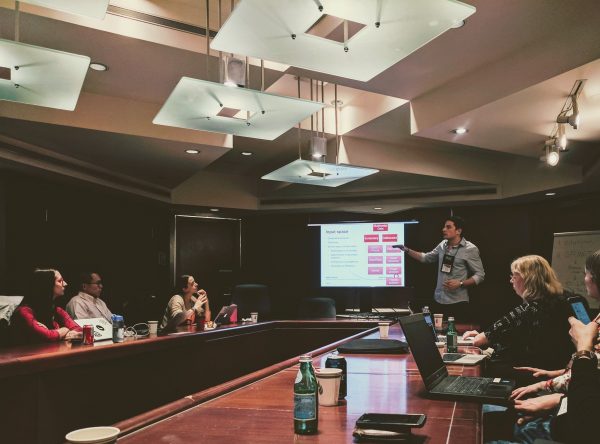
Organizing Committee
Organizing Committee:
Alyssa Wise, Simon Fraser University, Canada
Phil Winne, Simon Fraser University, Canada
Grace Lynch, Society for Learning Analytics Research
Program Chairs
Xavier Ochoa, Escuela Superior Politécnica del Litoral, Ecuador,
Inge Molenaar, Radboud University, Nijmegen, The Netherlands,
Shane Dawson, University of South Australia (ex-officio)
Practitioner Track
Shady Shehata, Desire2Learn, Canada,
Jennifer Pei-Ling Tan, National Institute of Education, Singapore
Proceedings Chair
Marek Hatala, Simon Fraser University, Canada
Workshop and Tutorial Chairs
Kirsty Kitto, Queensland University of Technology, Australia,
Simon Knight, University of Technology Sydney, Australia
Doctoral Consortium Chairs
Rebecca Ferguson, The Open University UK, United Kingdom,
Bodong Chen, University of Minnesota, United States,
Ani Aghababyan, McGraw-Hill Education, United States,
Joris Klerkx, Katholieke Universiteit Leuven, Belgium
Posters and Demonstrations Chairs
Leah Macfadyen, University of British Columbia, Canada,
Nia Dowell, University of Memphis, United States
Publicity and Social Media Chairs
Doug Clow, The Open University, United Kingdom,
Roberto Martinez-Maldonado, University of Technology Sydney, Australia
Awards
Best full paper:
Reflective writing analytics for actionable feedback
Andrew Gibson, Adam Aitken, Ágnes Sándor, Simon Buckingham Shum, Cherie Tsingos-Lucas, Simon Knight
Best research poster:
Topic models to support instructors in MOOC forums
Jovita M. Vytasek, Alyssa F. Wise, Sonya Woloshen
